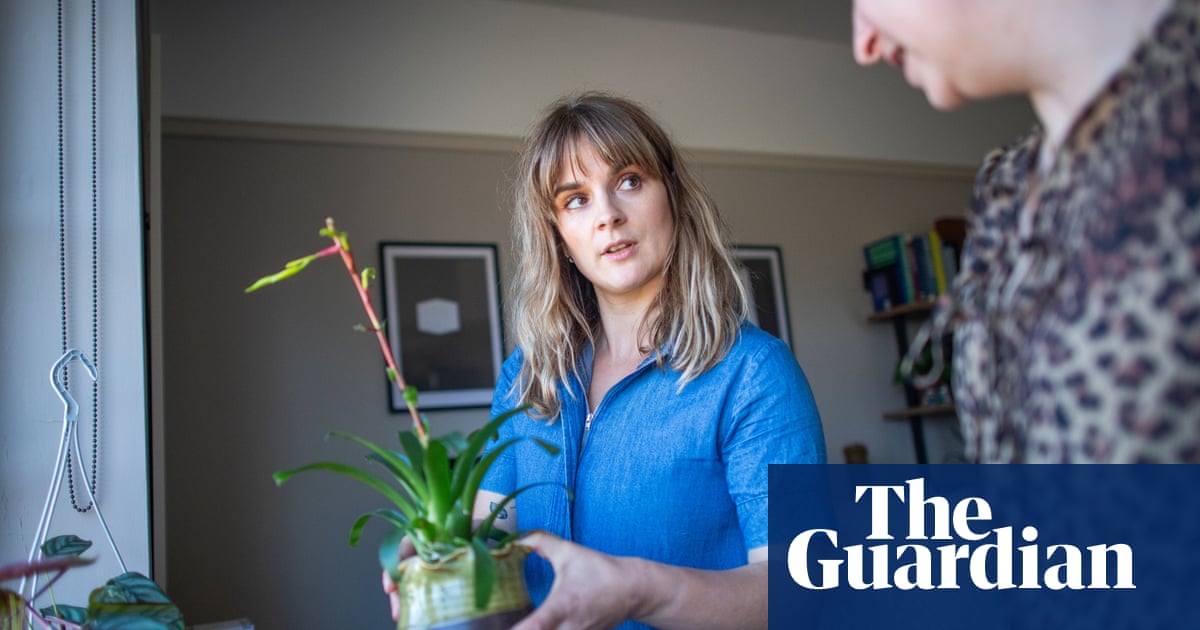Not long before the Covid pandemic, my dad threw out my cardboard box of mementoes that I had stored in his garage for “safekeeping”: years’ worth of personal journals, Polaroids and photos with no negatives, love letters, all of my degree essays, reams of teenage poetry, etc – the classic priceless time capsule stuff that one looks forward to revisiting one day.
It was one of his final acts before taking his own life, so it was a double whammy of bereavement in which my first loss was buried by the second. And, with the pandemic arriving shortly afterwards, it stayed buried for further years as, again, I was distracted by something else serious happening. But once that had passed, the original grief returned with a vengeance and has become an abiding sorrow that’s been difficult to shake off: the feeling that part of me died when that box went into landfill and can never be recovered, and how its significance seems to grow with time, not diminish.
I know it’s just “stuff”, as people have reminded me when I’ve told them about it, but I don’t know why it remains so significant, or how to truly get over it. I’ve spent so much time cursing myself for not liberating that box a lot sooner and keeping it with me – I’d been moving from house to house throughout the previous decade, so kept it at Dad’s for practical reasons.
Any advice would be appreciated.
I’m often amazed how people bury seismic news within other details. What you have suffered is a significant tragedy and loss, and I’m sorry.
I went to bereavement specialist Mandy Gosling, whose first comment was: “What happened to you was devastating. Objects as symbols can bridge our inner and outer world, linking memories, perhaps, to feelings in the body. The feelings evoked by what was in your memory box sound like good feelings that you want to revisit.”
Is it any surprise you want to revisit these feelings? Almost as if the recovery of the box may undo all the tragedy of what happened afterwards? The “before”? “The box isn’t just ‘stuff’,” Gosling said: “They are your memories from your past and hold something special for you.”
Gosling added that compounded grief, when there is loss layered upon loss, “can add to the intense feelings. It’s sometimes difficult to separate out losses so there may be a sense of overwhelm or heightened response about the box, which is associated with the traumatic loss of your dad. It may even seem easier to grieve the box than face your dad’s death? Complicated grief is prolonged and intense.”
Whenever we are presented with difficult feelings, we often dip a toe in the water and then pull back before things can get too painful. But in so doing we can’t ever really explore and process those feelings, and processing grief is essential if we are to fold it into our lives.
I wonder if you could really lean in (we’d prefer it if you did this with someone such as a therapist or grief counsellor) to how you feel. Imagine you did keep the box – what then? Would you look at it? Would it really help you now? Could you make a new, different memory box by asking friends of that time for any mementoes. The reality is that you probably wouldn’t look in the box very much and there was a valid reason you kept it at your dad’s – can you think why that might have been?
after newsletter promotion
“Both of your losses,” says Gosling, “need to be grieved. There is no getting over it, but you can find ways to integrate them into your life.” In terms of remembering the contents of the box, Gosling recommends “you do some visualisations of what was in the box, see how remembering the items feels in your body”.
By thinking of it as “just stuff” you’re not really allowing yourself to grieve and process its loss, so you’re stuck in melancholia and not allowing yourself to mourn. Also, you are allowed to feel angry about your dad’s actions – it doesn’t dilute the love you felt for him. Healthy grief is about remembering our dead loved ones as human.
You may find it useful to listen to the podcast I did with trauma expert Dr Jo Stubley on conversations around suicide.
In the UK and Ireland, Samaritans can be contacted on freephone 116 123, or email jo@samaritans.org or jo@samaritans.ie. In the US, you can call or text the National Suicide Prevention Lifeline on 988, chat on 988lifeline.org, or text HOME to 741741 to connect with a crisis counselor. In Australia, the crisis support service Lifeline is 13 11 14. Other international helplines can be found at befrienders.org.
Every week, Annalisa Barbieri addresses a personal problem sent in by a reader. If you would like advice from Annalisa, please send your problem to ask.annalisa@theguardian.com. Annalisa regrets she cannot enter into personal correspondence. Submissions are subject to our terms and conditions. The latest series of Annalisa’s podcast is available here.









